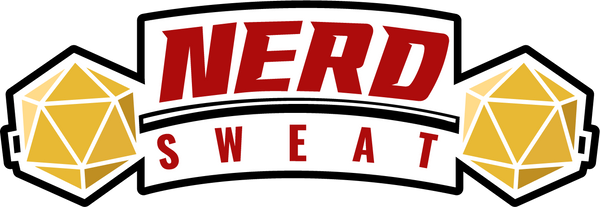
D&D for the Shy or Introverted: How Role-Playing Can Help You Open Up
Dungeons & Dragons (D&D) isn’t just for the extroverted or the life-of-the-party types; it can also be a fantastic way for shy or introverted people to open up, socialize, and express themselves. If you or someone you know tends to shy away from group settings or feels awkward in social situations, D&D can offer a comfortable, structured environment to ease those social tensions.
Here’s how D&D can be a game-changer for introverts:
1. Safe Space to Explore Social Interaction
In D&D, you’re not you—you’re playing a character with their own personality, motivations, and quirks. This allows shy players to step into someone else’s shoes, lowering the stakes of social interaction. It’s much easier to speak up as a confident rogue or a wise wizard than as yourself, which can help build real-life confidence.
Example: Imagine playing a character like Grog Strongjaw from Critical Role—a boisterous, outgoing barbarian. Even if you’re naturally quiet, it’s fun to embrace this loud, confident role, and the table accepts your actions without judgment because it’s all part of the game.
2. Structure and Clear Goals
Unlike casual conversation, which can be unpredictable and intimidating for introverts, D&D sessions have a clear purpose and structure. You’re working together with your group to solve problems, defeat enemies, or navigate complex stories. Knowing the “rules” of the social interaction—like when it’s your turn to talk or act—can help introverted players feel more comfortable participating.
Example: Let’s say you’re trying to negotiate with a dragon. It’s your character’s turn to speak, so you’re prepared, knowing that the group is counting on you. This structured environment can help take away the anxiety of knowing when to jump into a conversation.
3. A Group-Building Experience
D&D is all about collaboration. Even if you're shy, the cooperative nature of the game encourages players to work together, and this shared experience can strengthen friendships. Over time, introverts may feel more comfortable contributing to discussions, strategizing, and building rapport with fellow players.
Example: In a campaign, your party might face a challenge that requires multiple characters to contribute ideas. Perhaps your character suggests the winning strategy—this sense of achievement can build both in-game and real-life confidence.
4. Expressing Creativity in a Controlled Setting
Introverts often have rich inner worlds, and D&D provides an outlet to channel that imagination. Whether it's through character creation, storytelling, or world-building, D&D allows introverts to express themselves in a way that feels safe and rewarding. Plus, it’s a non-judgmental environment, since everyone is expected to play creatively!
Example: A shy player might start out by playing a reserved character but gradually become more adventurous, like Critical Role's Caleb Widogast, who grows into his power and confidence as the story progresses.
Resources for Introverted D&D Players
- YouTube Channels like “How to Be a Great GM” provide great insights on how to run and play D&D, even for beginners.
- The Starter Set Rulebook offers a simple introduction to the game with basic rules and tips on how to get comfortable with role-playing.
- Online Communities like the D&D Subreddit or D&D Beyond Forums are full of players who have faced similar challenges and can offer support and advice.
Final Thoughts
D&D can be transformative for shy or introverted players. By offering structured social interactions, a safe environment for creativity, and opportunities for group collaboration, it can help introverts open up in a way that feels natural. Even if you're hesitant at first, stepping into the shoes of a character and working with a team to solve epic quests might be just the thing to bring out your inner adventurer.
So gather your friends, roll some dice, and let the game begin!
